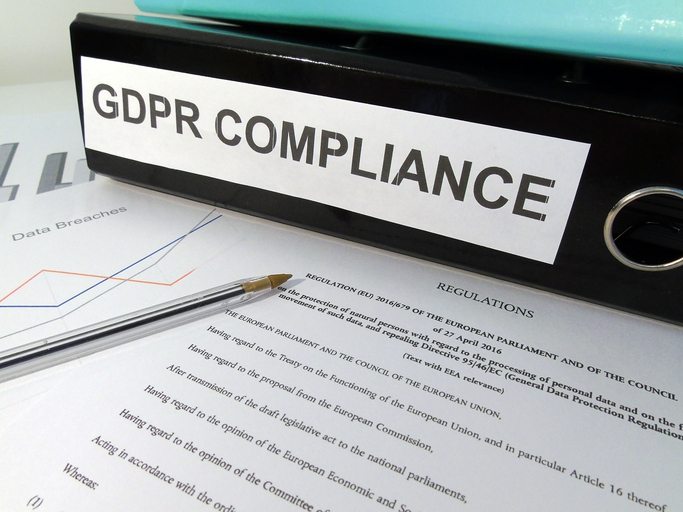
The European Union’s (EU) framework for data protection reform – the General Data Protection Regulation (GDPR) – will go into effect in all EU member-states on May 25th, 2018. The GDPR applies to anyone who conducts business and collects consumer data in the EU and will change the way businesses approach data collection in B2B marketing.
The GDPR is a new set of rules designed to give EU citizens more control over their own personal data. These rules govern how businesses are allowed to collect, store and process personal data.
These rules directly impact B2B marketing, but they don’t have to hurt marketing performance. While compliance will take some effort, that effort can be well worth it.
What Does GDPR Compliance Involve?
There are many different aspects of GDPR compliance for B2B marketers. If you need a deeper dive into compliance, read our last blog post on the topic, “What B2B Marketers Need to Know About the EU’s General Data Protection Regulation (GDPR).”
Essentially, B2B marketers will need to focus their efforts around opt-ins, consent and customer data preferences. Before a B2B marketer can reach out to a prospect, they need explicit, unambiguous consent to do so. This means a pre-checked box on a form that subscribes a user to email updates is no longer legal. If a user enters their email address to download a whitepaper, that is not explicit consent, nor is receiving a business card at a trade show.
B2B marketers need to create ways in which they can obtain explicit consent from prospects, including a way for customers to manage their own data preferences, as they now have a right to be forgotten and a right to request edits to data about them.
The GDPR’s B2B Marketing Opportunity

While it may sound like a lot of work to achieve compliance with GDPR, it can actually be used as a good opportunity to improve marketing efforts. With smaller, higher quality contact lists, email marketing and direct marketing can be more effective and deliver higher return on investment because time will only be spent communicating with interested parties.
If you’re in GDPR compliance, you’re likely also in compliance with other international standards for data protection, as the GDPR will be one of the strictest. Of course, it’s always wise to double check, but working towards GDPR compliance can mean working towards other crucial privacy standards at the same time.
When contacts opt-in to receiving marketing material, communication becomes more personalized and human. You won’t have to compete for attention by sending several emails if someone is genuinely interested in what you have to say. Ultimately, this creates a streamlined marketing campaign, but more importantly it improves the overall experience for the end user.
Essentially, the main opportunity for B2B marketers is to develop closer relationships with prospects. What may be lost in the size of contact lists can be gained back through more efficient, personalized marketing. B2B marketers may see better ROI and more enthusiastic engagement with their brand.
While GDPR compliance is important, it’s not going to revolutionize how B2B marketers operate in the EU, but compliance will require some proactive steps before the 25th. Achieving GDPR compliance may take some effort, but it doesn’t have to be a wasted effort.
Those who make a concerted effort to comply with all GDPR rules may also see this as an opportunity to improve their marketing outreach and data collection practices.

